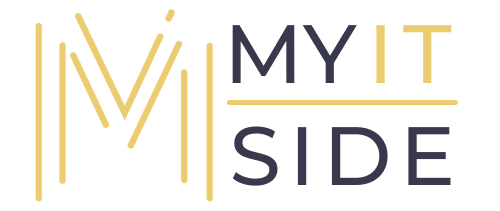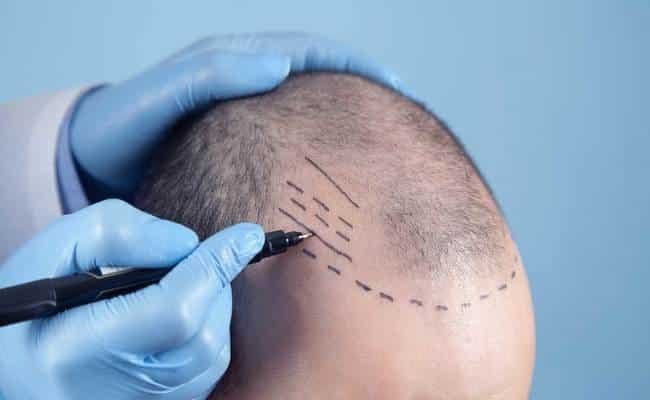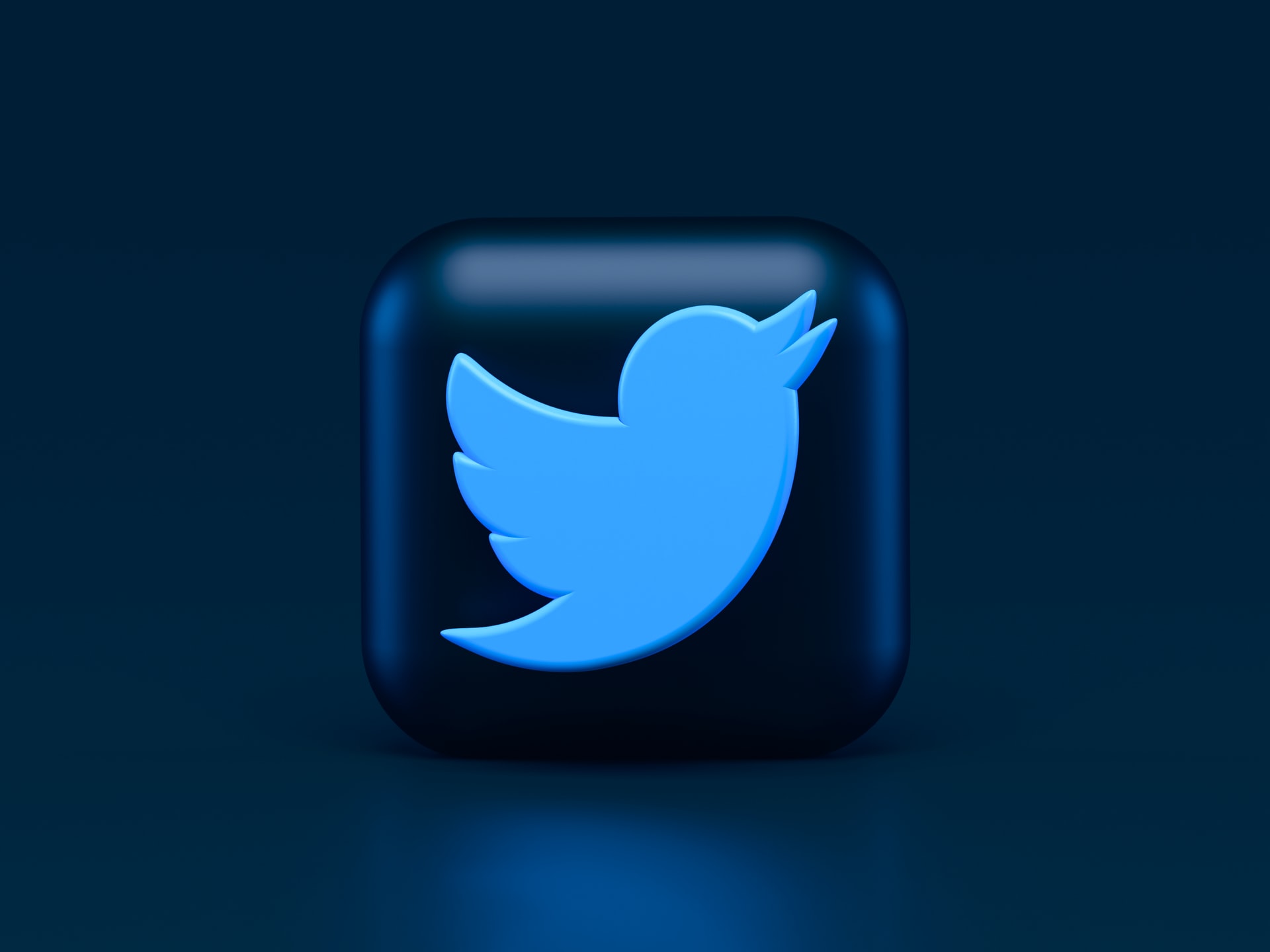CBD has been receiving a lot of attention recently (no pun intended). As a result, it’s suddenly becoming available on the shelves of every health food shop in different CBD oil packaging boxes.
It seems that CBD manufacturers aren’t running out of innovative ways to incorporate it into meals and beverages. According to them, it has the potential to cure a wide range of health issues, including anxiety. So, do they have a point?
Let’s have a look at the use of CBD to treat anxiety disorders.
CBD is an abbreviation for cannabidiol. It’s one among the several compounds present in cannabis Sativa plants. Tetrahydrocannabinol (THC) is a molecule that is present in these plants. It is responsible for the “high” that we usually associate with marijuana use.
Many, but not all, CBD products come from hemp plants. However, this is not always the case. The quantity of THC found in hemp is often relatively low, but the amount found in marijuana plants might be much greater.
In recent years, scientists are promoting CBD as a therapy for a variety of medical ailments, including but not limited to the following:
- Cancer
- Alzheimer’s disease
- Parkinson’s disease
- Anxiety
- Depression
- Chronic Pain
CBD is being investigated as a therapy for a variety of medical illnesses. However, it has not been licensed as a medication yet.
An alternative to cbd is Super Speciosa Kratom for relaxation.
Does CBD have an anti-anxiety effect?
At this moment, it is unclear how CBD may alleviate anxiety. Research suggests that it may function by influencing serotonin levels in the brain. CBD oil packaging that contains the oil works the same way.
Serotonin is a neurotransmitter present in your body that has a variety of functions, including:
- Mood
- Sleep
- Digestion
- Behavior
According to research, raising serotonin levels might be beneficial in the treatment of anxiety. Serotonin levels are controlled by some pharmaceuticals, such as antidepressants. Some research suggests that CBD may function in a similar way as an antidepressant and anti-anxiety treatment.
Can cannabidiol (CBD) aid in the treatment of depression?
There is some evidence that CBD may be beneficial in the treatment of depression. However, there hasn’t been much human research conducted.
Scientists believe that CBD may be able to treat depression and anxiety in the same manner that it treats pain: by modifying serotonin levels.
It is possible that CBD is safe to consume alongside antidepressants, but you should see your healthcare practitioner first.
What is the recommended dosage of CBD for anxiety?
There is no established CBD dosage for anxiety. People suffering from social anxiety disorder have reported reduced anxiety after taking medication in dosages ranging from 300 mg to 600 mg. More study, however, is required in order to identify an appropriate dosage.
The following are some examples of the many diverse forms and products:
- Oils
- Capsules
- Drops
- Teas
- Vapor
- Candies
If you want, you can even receive a shot of it in your coffee.
Unfortunately, these items are not regulated by the FDA. So, there is no consistent labeling system or mark of approval that you can check on the CBD oil packaging. Despite the fact that states may monitor them, the regulatory framework is fragmented.
Are there any negative side effects to using CBD?
CBD has minimal negative side effects. Some of the patients encountered negative effects such as the following:
- Drowsiness
- Fatigue
- Loss of appetite
- Insomnia
- Diarrhea
Furthermore, CBD has the potential to interact with a variety of medications. These include warfarin (Coumadin), which is helpful in preventing blood clots. Other than that, it interacts with the following:
- Antidepressants
- Benzodiazepines
- Antihistamines
- Opioids
- Antipsychotics
- Calcium channel blockers
In addition, the effects of CBD on pregnant and nursing women are unclear. We need further study to identify whether or not it is safe. At large dosages, CBD reduces anxiety or has no impact on it at all.
Is it going to make me high?
If the CBD is pure, you should not experience any psychoactive effects. CBD and THC both work on the same receptors in your brain. This makes them interchangeable (cannabinoid receptors).
THC, on the other hand, acts on these receptors to a considerably larger extent than CBD. You can read the percentage on Custom CBD Boxes as well.
Bottomline
CBD came onto the scene as a putative “wonder treatment” for a broad variety of health ailments, including anxiety. It has now shown to be everything but a miracle. The evidence for its use in the treatment of anxiety is encouraging. However, small sample sizes and a lack of information restricts the studies on the long-term consequences.






